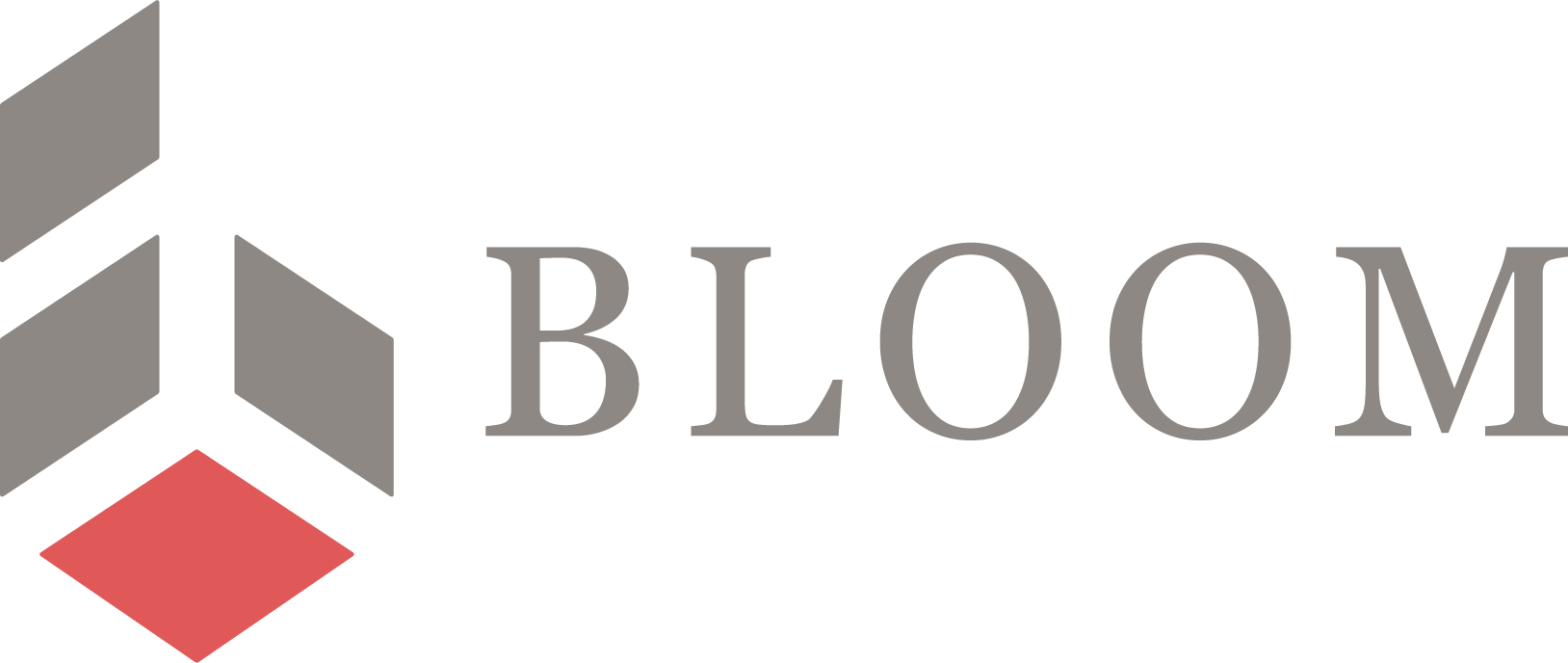Alison Bennett presents a CLE on “New Strategies for Preparing Witnesses.” Alison discusses ways to improve witness preparation sessions by adding effective communication techniques. Learn tips to share with your witnesses to prevent guessing, over-advocating, and defensiveness, as well as ways to reduce their anxiety and apprehension.
Alison Bennett presented a CLE on “New Strategies for Preparing Witnesses.” Alison discusses ways to improve witness preparation sessions by adding effective communication techniques. Learn tips to share with your witnesses to prevent guessing, over-advocating, and defensiveness, as well as ways to reduce their anxiety and apprehension.
Jury consultant Alison Bennett presented, “Strategies for the Modern Jury, ” at the SMU Law School lecture to Constitutional Law Class of Professor Meghan Ryan on February 26, 2013.
Jury consultant Jason Bloom presented Communicating with the Modern Jury” at the Advanced Trial Strategies conference, hosted by the Texas Bar CLE in New Orleans, LA.
